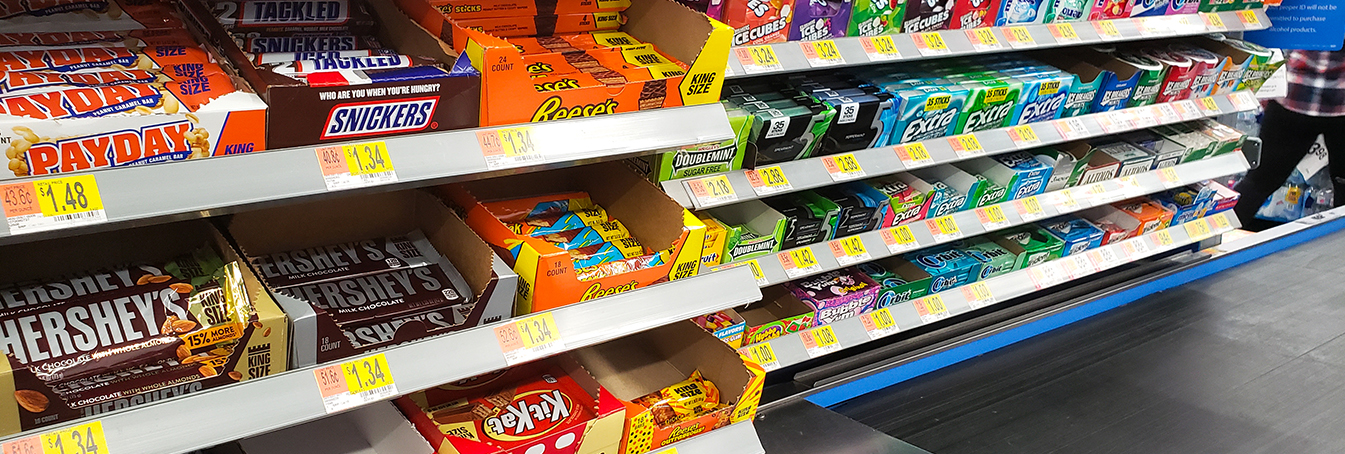The life of a mainframer is not an easy one. After many years in this business, I have had an opportunity to literally fly around the world talking to customers, prospects, and luminaries on the challenges facing the mainframe and those that work for the companies that leverage mainframe computing. I am sure you can all guess what the common theme is that I hear. It’s usually one of the limited resources and limited budget. Until, of course, there is a problem. Even then, there is no real promise of getting whatever you need to solve a problem.
I am going to take a bit of a break here and not talk about my customers. For just a moment, I want this to be about me. And by me, I mean those like me. Those of us who have created companies and technologies to support those organizations using mainframe systems to support their businesses. If you think you — as a mainframe user — have it tough. Imagine my world. If you don’t have the resources you need to solve a problem, imagine what it must be like for me to hope that my customer’s hopes will come true.
A little while ago, I was at my favorite grocery store and was getting groceries. Being a creature of habit, I was at the same grocery store I always use. In fact, I was in line at likely the same cash register that I typically go through. Lucky number 4! That day though — things were going to be different. This was the day I went past the chocolate bars always displayed right by the cash register. There they lay, waiting, hoping, and praying that today would be the day I pick one up. And for one Coffee Crisp – I made its day and made the purchase.
I am obviously having a bit of fun with the story. But for many of us mainframe software companies — those that contribute to the ecosystem with technology and support organizations or services ready for your employment. This is our world. We live in a cardboard box stuck next to a cash register with other chocolate bars in the hopes that one day you will talk with us. And better yet, buy something. To me, the analogy really does hit home.
I am sure it does happen once in 100,000 customers that someone walks into the grocery store with the express purpose of buying a single chocolate bar right by the cashier and walks out — ready and willing to consume that chocolate bar the moment they get into their car. Their need, probably was that they were hungry and had the money and knew that only a chocolate bar with mocha-flavored crispy wafers was exactly what their body machine needed to keep operating at its peak until the next hunger emergency came their way. But for the most part, the point of the chocolate bars being there is to have you keep noticing them. To keep them in front of your eyes and let you know that they are still there, still ready, still able to respond for when that moment arrives that you can rely on there being chocolate for you to grab, relevant, ready, and able to be consumed when your appetite matches the convenience.
The article could end here. I have had my fun. I have enjoyed the humor of the analogy as I wrote this. But, for just one more moment, think about the perspective of a chocolate bar. The chocolate bar has seen virtually the entire universe of grocery shoppers buy it. It has seen it all, from the customer that has a small family to a customer with a large family of all the shoppers that are shopping — by this time, the chocolate bar has seen it.
The chocolate bar knows roughly what the diet requirements are of the family just by looking at their cart, long before the total has ever been tallied. And just when that shopper thinks it’s the only one that has ever bought exactly this load of groceries, the chocolate bar remembers that it actually was not that long ago that a customer had almost the exact same grocery hull with the exact same cost at the exact same time of the week. Oh, if only those chocolate bars could talk, the stories they could tell you. But they don’t speak. In fact, they never will. They will keep to themselves. But if you ever asked them, hey, have you ever satisfied the hunger of a tall somewhat fluffy guy on the run between kid’s soccer games — they would tell you — absolutely, just last week! We did it much faster and quicker than that guy ever could have imagined because it’s the most common hunger problem we solve. I am sure they could tell you stories of customers similar to you.
At this point, we are all in this crazy ecosystem together. You never know when that day will come when you will think to yourself, today is the day — today is the day that I need one of those chocolate bars. So, reach out, and talk. It is after all, what makes us all human. Get to know the vendors that are out there from the big ones to the small ones. In the long run, your whole organization and the machine you are operating will benefit. Firefighters practice because they know that someday a real fire will come along, and when it does, they want to rely on muscle memory to help them fight the fire. For many of you with transactionally oriented mainframe machines, your world is that of the fireman. There is no vendor out there that does not want you to be successful, so reach out. We all understand that you might not be ready to buy, but when it’s a crisis, don’t you want someone on your team that you can trust to help and put out a fire?
It behooves us to know each other and build a strong and vibrant community. Particularly as the needs of our organizations change, skills and availability change, and technologies evolve. The fact of the matter is that if the mainframe community were a grocery store where every conceivable customer would come in who needs to buy groceries and occasionally chocolate bars. The average grocery store is open for about 10 hours a day 7 days a week. It would have on average less than 30 people shopping at it at any given time. That’s not a lot! It almost makes you want to say life is like a known box of chocolates; you always know exactly what chocolate you’re gonna get.







0 Comments